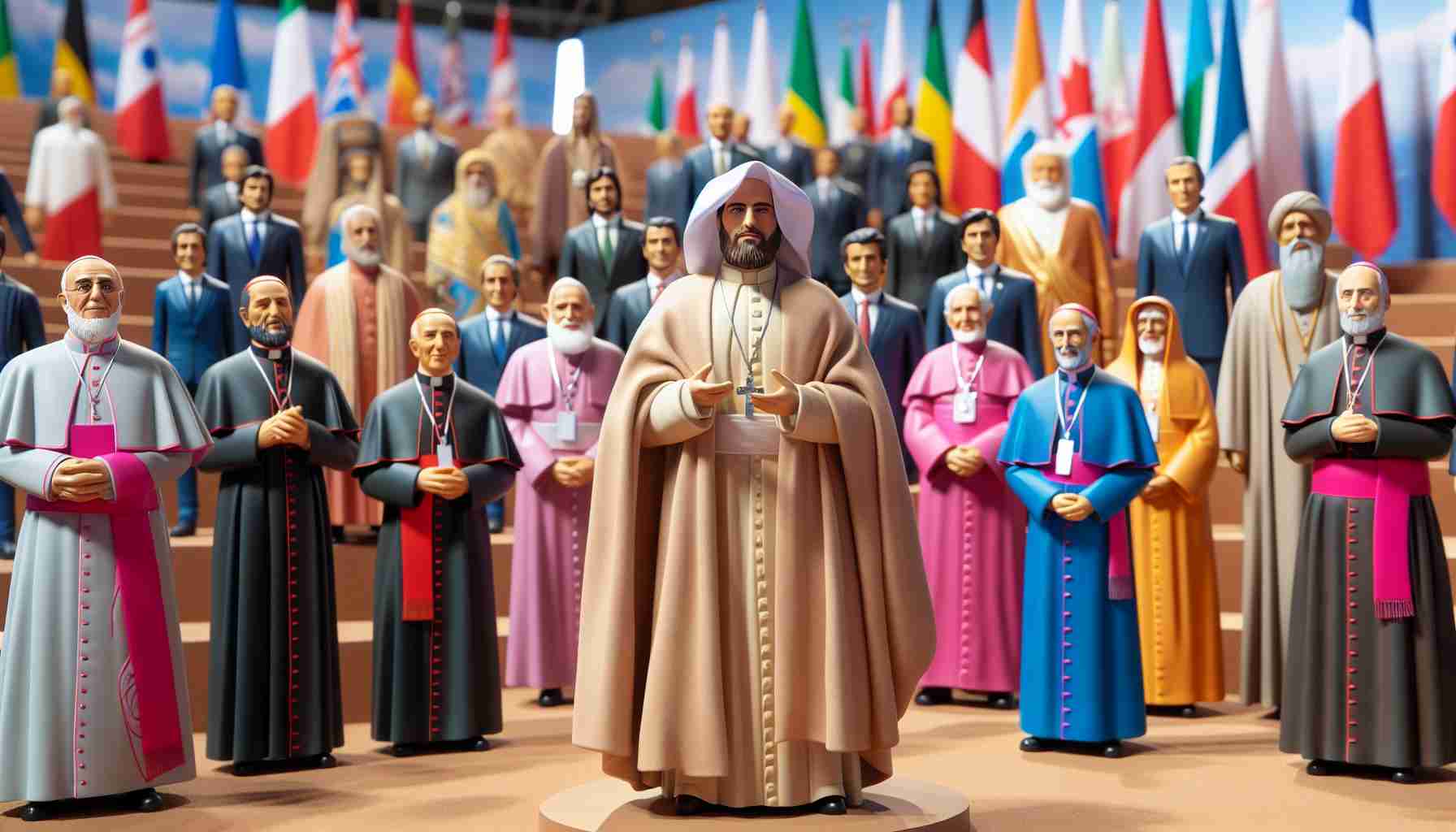Italy, holding the presidency of the G7, is set to host a significant summit from June 13 to 15, bringing together leaders from the United Kingdom, Canada, France, Germany, Japan, and the United States. In a noteworthy announcement conveyed through a video message, Italian Prime Minister Giorgia Meloni highlighted an unprecedented moment in the history of diplomatic engagements: Pope Francis will be attending the G7 summit.
Notably, this event marks the first time that a Pope will participate in the high-level political forum. Pope Francis is scheduled to contribute to a session dedicated to the topic of artificial intelligence, an issue of growing importance on the global stage. His participation is viewed as a remarkable gesture that bridges the realms of faith and modern technology, emphasizing the ethical considerations in the development and application of AI.
The presence of the Pontiff at such a gathering illustrates the broadening scope of discussions at G7 meetings, where topics are not solely confined to economic and political matters, but also extend to the social and moral dimensions of contemporary issues. The engagement of Pope Francis underlines the vital role that ethical perspectives play in shaping policies surrounding the evolution of AI.
What are the most important questions associated with Pope Francis’s participation at the G7 Summit?
1. Why was Pope Francis invited to the G7 Summit, particularly to speak on artificial intelligence?
2. How can the Pope’s perspective on AI ethics influence global leaders and the direction of AI governance?
3. What are the possible implications of the Pope’s participation for the future involvement of religious leaders in global political forums?
Key Challenges and Controversies:
The inclusion of Pope Francis at the G7 Summit introduces several challenges and potential controversies. For one, the separation of church and state is a principle upheld in many democratic societies, and the Pope’s involvement in a political summit may blur these boundaries. Additionally, there may be concerns about religious bias influencing secular discussions on technology and global policies.
On the other hand, the Pope’s moral authority could provide valuable insights into the ethical challenges posed by AI, especially concerning human dignity, privacy, and the potential for social inequality exacerbated by technology. Navigating these contrasting perspectives presents a challenge for both the G7 leaders and the Vatican.
Advantages and Disadvantages of Pope Francis’s Participation:
Advantages:
– Introduces a moral and ethical dimension to discussions on AI, potentially leading to more humane and socially responsible policies.
– Bridges the gap between faith and modernity, showing that religious perspectives can contribute to contemporary issues.
– Reflects the increasing recognition of the influence of non-state actors and civil society in global governance.
Disadvantages:
– Risks politicizing religious leadership or appearing to endorse specific political agendas.
– May lead to tensions or disagreements among G7 members or broader international stakeholders who have divergent views on the role of religion in political discourse.
– The potential for the Pope’s messages to be misinterpreted or used for political gain rather than as a catalyst for ethical reflection.
As for the relevant links to the main topic, you might want to explore official sites related to the Vatican, the G7, and international forums discussing AI ethics. Here are some valid URLs:
– Vatican: For updates on Pope Francis’s activities and positions.
– G7: For information on the member countries and the summit’s agenda.
– United Nations: For broader discussions on AI and ethical guidelines at an international level.
Please ensure to check the validity of the URLs before accessing them, as website addresses can change or be updated after my knowledge cutoff date.

